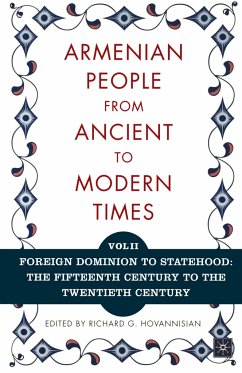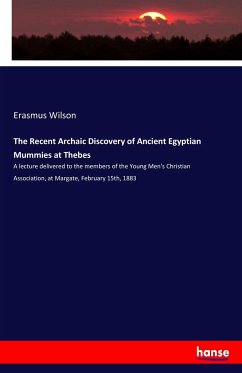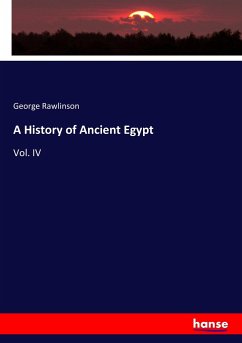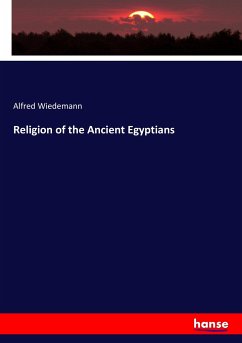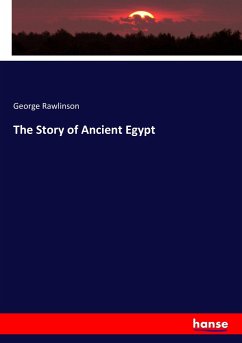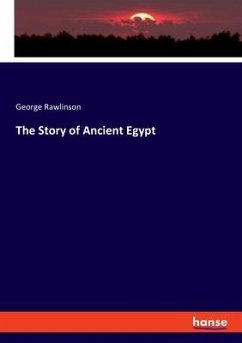Nicht lieferbar
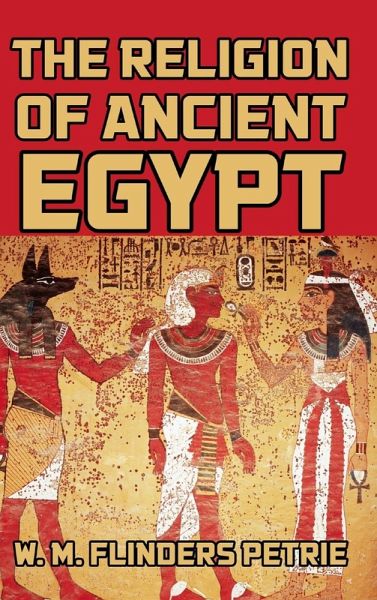
The Religion of Ancient Egypt
Versandkostenfrei!
Nicht lieferbar
A marvelous overview of the main gods, goddesses, religious practices, and belief systems of ancient Egypt, prepared by England's foremost Egyptologist and expert on Middle Eastern antiquity. Starting with an analysis of the nature of the Egyptian gods, Flinders Petrie sketches the broad philosophical background to the belief system of ancient Egypt, revealing precisely how those people viewed life, the afterlife, and the influence of gods in their day-to-day activities. He then moves on to discuss the various gods-the animal-headed, the human, the cosmic, the abstract, and even the foreign de...
A marvelous overview of the main gods, goddesses, religious practices, and belief systems of ancient Egypt, prepared by England's foremost Egyptologist and expert on Middle Eastern antiquity. Starting with an analysis of the nature of the Egyptian gods, Flinders Petrie sketches the broad philosophical background to the belief system of ancient Egypt, revealing precisely how those people viewed life, the afterlife, and the influence of gods in their day-to-day activities. He then moves on to discuss the various gods-the animal-headed, the human, the cosmic, the abstract, and even the foreign deities introduced into Egypt. Finally, he reviews the main points of the sacred texts, individual worship, and the lasting influence of the ancient Egyptian belief systems in other cultures. A masterpiece of cultural history which has stood the test of time and become a classic in its own right.





